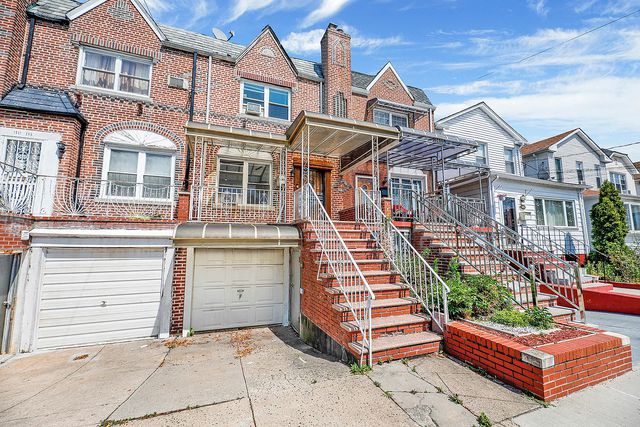Real estate plays a crucial role in economic development, serving as a key driver of economic growth in many countries around the world. Real estate development can create jobs, attract investment, and provide the infrastructure necessary for businesses to thrive. However, it can also lead to social and environmental challenges if not managed responsibly.
One way that real estate contributes to economic development is through job creation. The construction industry is a significant employer in many countries, providing employment opportunities for millions of people. Beyond construction, the real estate sector also employs architects, engineers, surveyors, and other professionals, further bolstering job creation.
Real estate development can also attract investment to an area, providing a boost to the local economy. When developers invest in new buildings, they often work with local businesses and contractors to source materials and labor, creating a ripple effect throughout the local economy. Furthermore, commercial real estate development can attract new businesses to an area, driving economic growth.
In addition to creating jobs and attracting investment, real estate development can also provide the infrastructure necessary for businesses to thrive. For example, new office buildings can provide the modern, well-equipped workspaces that companies need to attract and retain top talent. Similarly, new retail developments can provide the modern shopping experiences that consumers demand, attracting foot traffic and driving sales.
However, the real estate sector also presents challenges that must be carefully managed. For example, uncontrolled development can lead to environmental degradation, reducing the quality of life in an area. Additionally, rapid development can lead to social issues such as gentrification and displacement of long-time residents.
To address these challenges, responsible real estate development must take into account the needs of all stakeholders, including local residents, businesses, and the environment. Developers can work with communities to create sustainable, equitable development that balances economic growth with social and environmental considerations.
In conclusion, the real estate sector plays an important role in economic development, creating jobs, attracting investment, and providing the infrastructure necessary for businesses to thrive. However, it is critical that development is managed responsibly, taking into account the needs of all stakeholders and the impact on the environment. By doing so, real estate can continue to drive economic growth while also contributing to sustainable, equitable development.











